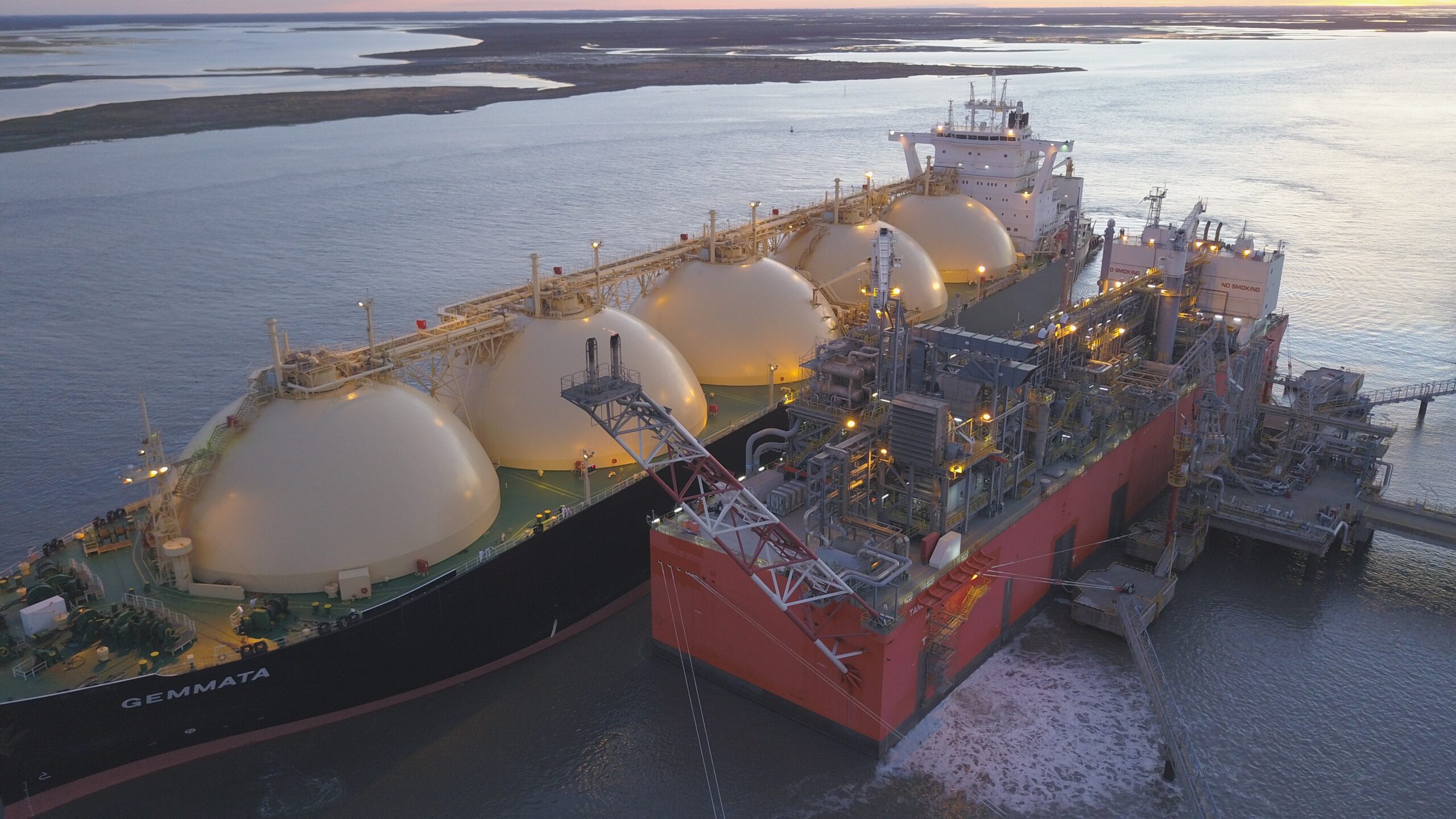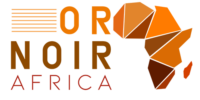FOCUS ONA
Nigerian gas at stake in an energy war in the Maghreb

Rivaux régionaux, le Maroc et l’Algérie sont engagés dans deux mégaprojets de gazoduc concurrents les reliant au Nigeria, en ciblant le marché européen, mais dans un contexte où l’UE voudrait se passer du gaz d’ici la fin de la décennie.
Le plus récent est le gazoduc Nigeria-Maroc (NMGP), long d’environ 6.000 km, qui devrait traverser 13 pays africains sur la façade atlantique pour acheminer des milliards de mètres cubes de gaz nigérian jusqu’au royaume chérifien. De là, il doit être connecté au Gazoduc Maghreb Europe (GME).
Aucune date de début du chantier n’a été fixée: “le pipeline est en cours de planification. Nous sommes au stade de l’étude de faisabilité”, a précisé le ministre nigérian du Pétrole, Timipre Sylva.
L’idée du projet avait été lancée en 2016 par le roi Mohammed VI lors d’une visite à Abuja, visant à renforcer les partenariats avec les pays africains.
Sa relance s’explique par la décision d’Alger (premier exportateur africain de gaz naturel) de mettre fin l’an dernier au contrat du GME desservant l’Espagne en gaz algérien via le Maroc, après la rupture des relations diplomatiques avec Rabat.
Ces dissensions motivées notamment par l’épineux dossier du Sahara occidental (territoire sur lequel Rabat revendique sa souveraineté tandis qu’Alger soutient les indépendantistes du Front Polisario) ont privé le Maroc du gaz algérien qu’il prélevait comme droit de passage.
Au-delà, le NMGP s’inscrit dans un contexte géopolitique marqué par l’envolée des prix des hydrocarbures depuis l’invasion de l’Ukraine par la Russie.
La mise en oeuvre de ce gazoduc géant (au coût estimé à 23 milliards d’euros) reste toutefois conditionnée à “l’obtention de l’accord des pays par lesquels il passera”, a rappelé le ministre nigérian du Pétrole.
Fin 2022, Rabat et Abuja ont signé sept protocoles d’accord avec la Gambie, la Guinée-Bissau, la Guinée, le Sierra Leone, le Ghana, la Mauritanie et le Sénégal, et un autre avec la Communauté économique des Etats de l’Afrique de l’Ouest (CEDEAO).
Des ententes qui “confirment l’engagement des parties dans ce projet stratégique”, s’est félicité l’Office marocain des Hydrocarbures et des Mines (ONHYM).
Rabat table sur les énormes réserves du Nigeria pour créer “un marché gazier stable, prévisible et mutuellement profitable” en Afrique, explique le chercheur en géopolitique marocain Jamal Machrouh, soulignant aussi son “intérêt stratégique pour l’Europe”.
Besoins futurs de l’Europe ?
Mais des questions émergent au moment où Bruxelles affirme vouloir s’affranchir des énergies fossiles à moyen terme.
“Il faut faire le compte quand il (le gazoduc) sera fini. Est-ce qu’on va encore vouloir utiliser des gaz, du méthane ?”, s’interrogeait récemment à Rabat le chef de la diplomatie européenne Josep Borrell, soulignant que le Maroc dispose d’un fort potentiel dans des énergies propres comme l’hydrogène, l’éolien et le solaire.
L’accélération de la coopération entre Rabat et Abuja coïncide avec la relance du gazoduc transsaharien (TSGP) devant relier le Nigeria à l’Algérie via le Niger, d’un coût évalué à entre 12 et 18 milliards d’euros.
En juillet dernier, Alger, Abuja et Niamey ont signé un protocole d’accord pour matérialiser ce gazoduc long de 4.128 km, sans fixer de date de mise en route.
Lancé en 2009, le projet vise aussi à acheminer du gaz nigérian vers le continent européen. Une fois arrivé en Algérie, il devrait y être expédié, notamment via le gazoduc Transmed qui relie déjà les gisements algériens à l’Italie en passant par la Tunisie.
“Les études techniques sont en cours”, a déclaré le 18 février à Alger le ministre algérien de l’Energie Mohamed Arkab.
Selon l’expert algérien Ahmed Tartar, les trois partenaires sont maintenant “en quête de bailleurs de fonds”.
“On peut estimer un délai de 2 à 3 ans pour la finalisation du projet” qui “répondra à une part importante des besoins futurs de l’Europe”, assure à l’AFP M. Tartar, dont le pays est le troisième fournisseur de gaz naturel pour l’Europe.
Un optimisme tempéré par l’analyste Geoff Porter qui souligne “sa grande vulnérabilité aux attaques jihadistes” dans la zone sahélienne et à l’hostilité “de communautés locales si elles ont la sensation d’être exploitées pour un projet dont elles ne tirent aucun avantage”.
Autre bémol: l’Europe qui cherche à se libérer du gaz russe, pourrait ne pas accepter “une dépendance forte à un seul fournisseur”, qu’il soit algérien ou marocain, selon le chercheur marocain Machrouh.
-

 ANALYSIS1 an ago
ANALYSIS1 an agoThe 3 African countries richest in natural resources
-

 NEWS11 month ago
NEWS11 month agoTop 10 des pays africains producteur de l’or : Mali 2-eme, Burkina Faso 3-eme
-

 FOCUS ONA1 an ago
FOCUS ONA1 an agoThe 10 largest oil refineries in Africa
-

 FOCUS ONA11 month ago
FOCUS ONA11 month agoTop 10 oil producers in Africa in 2023
-

 NEWS2 ans ago
NEWS2 ans agoRanking of oil producers: Here are the Top 10 African countries.
-

 NEWS8 month ago
NEWS8 month agoAfrica's 10 largest natural gas production fields.
-

 NEWS2 ans ago
NEWS2 ans agoTop 20 oil producing countries in 2022
-

 NEWS10 month ago
NEWS10 month agoIvory Coast: Eni to deploy a cylindrical FPSO and a converted FSO on the Baleine oil field












